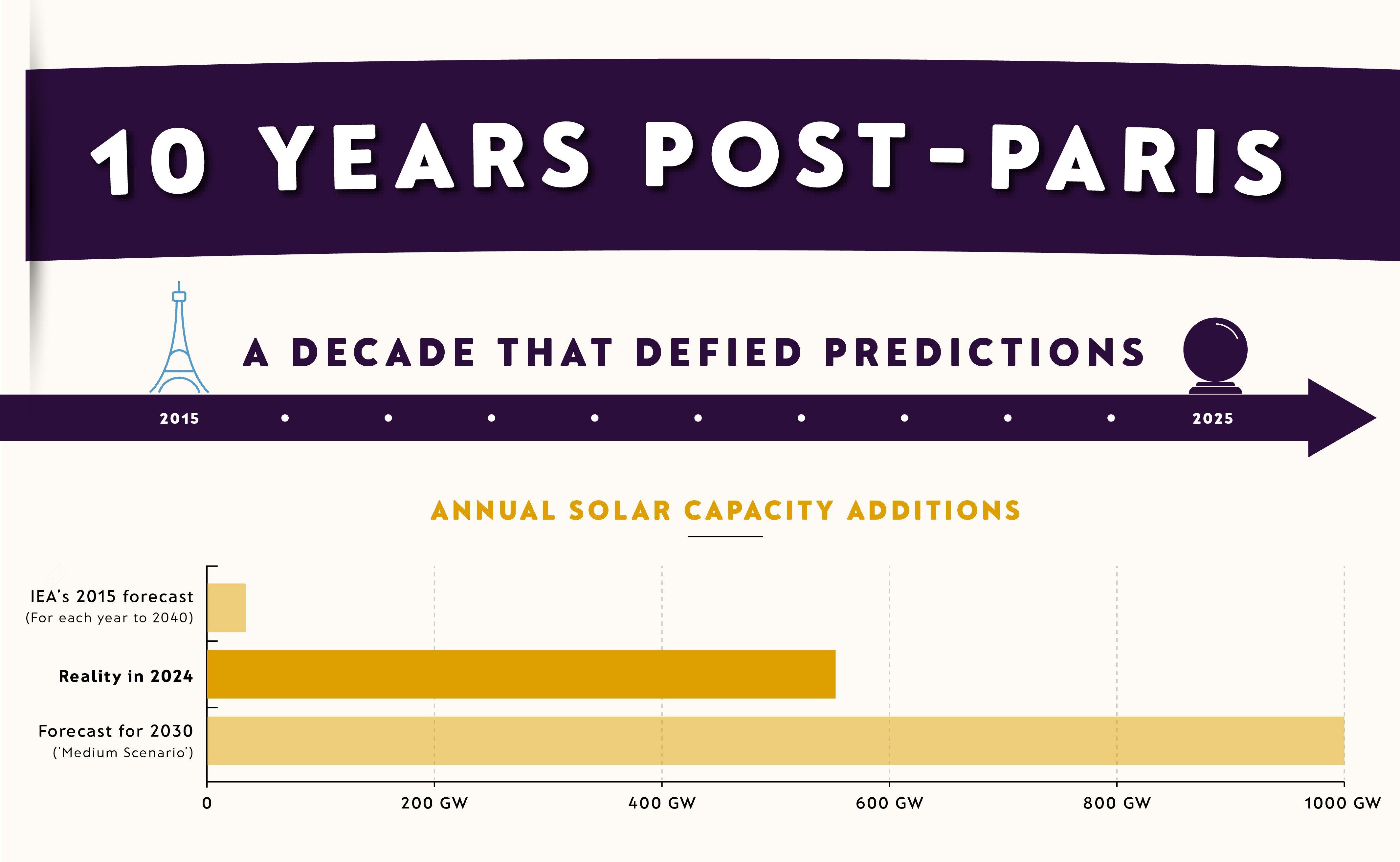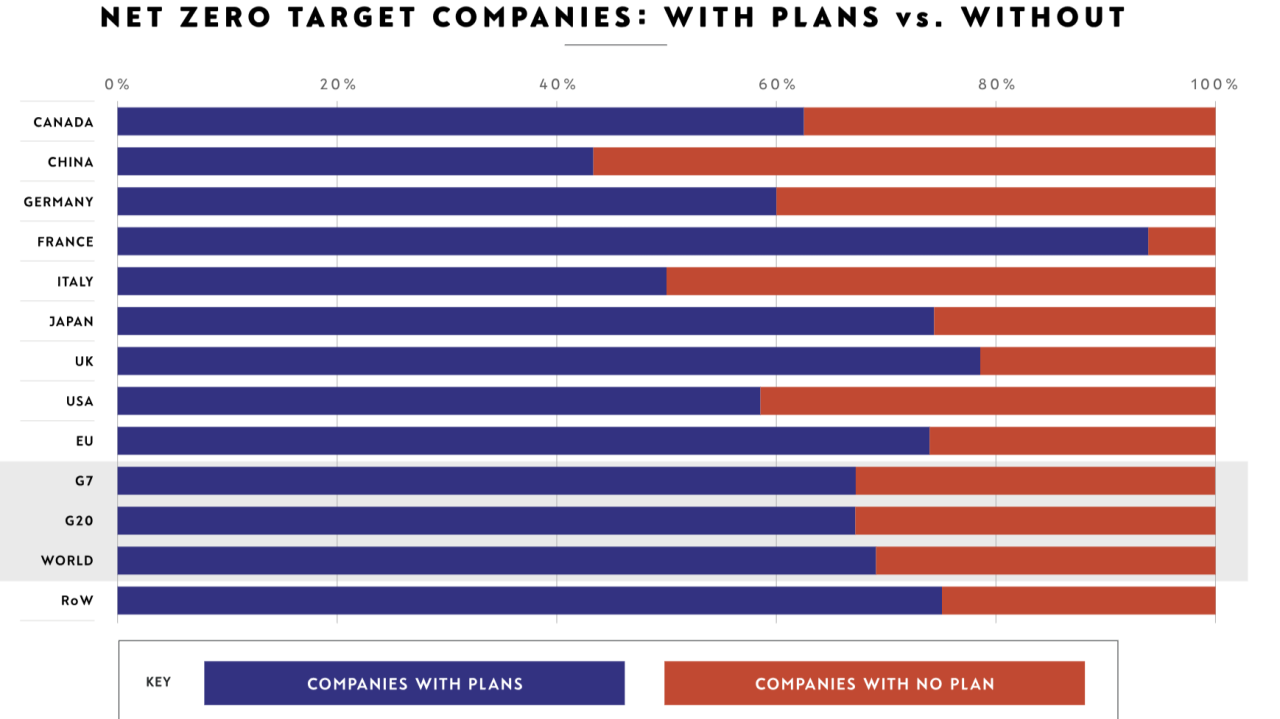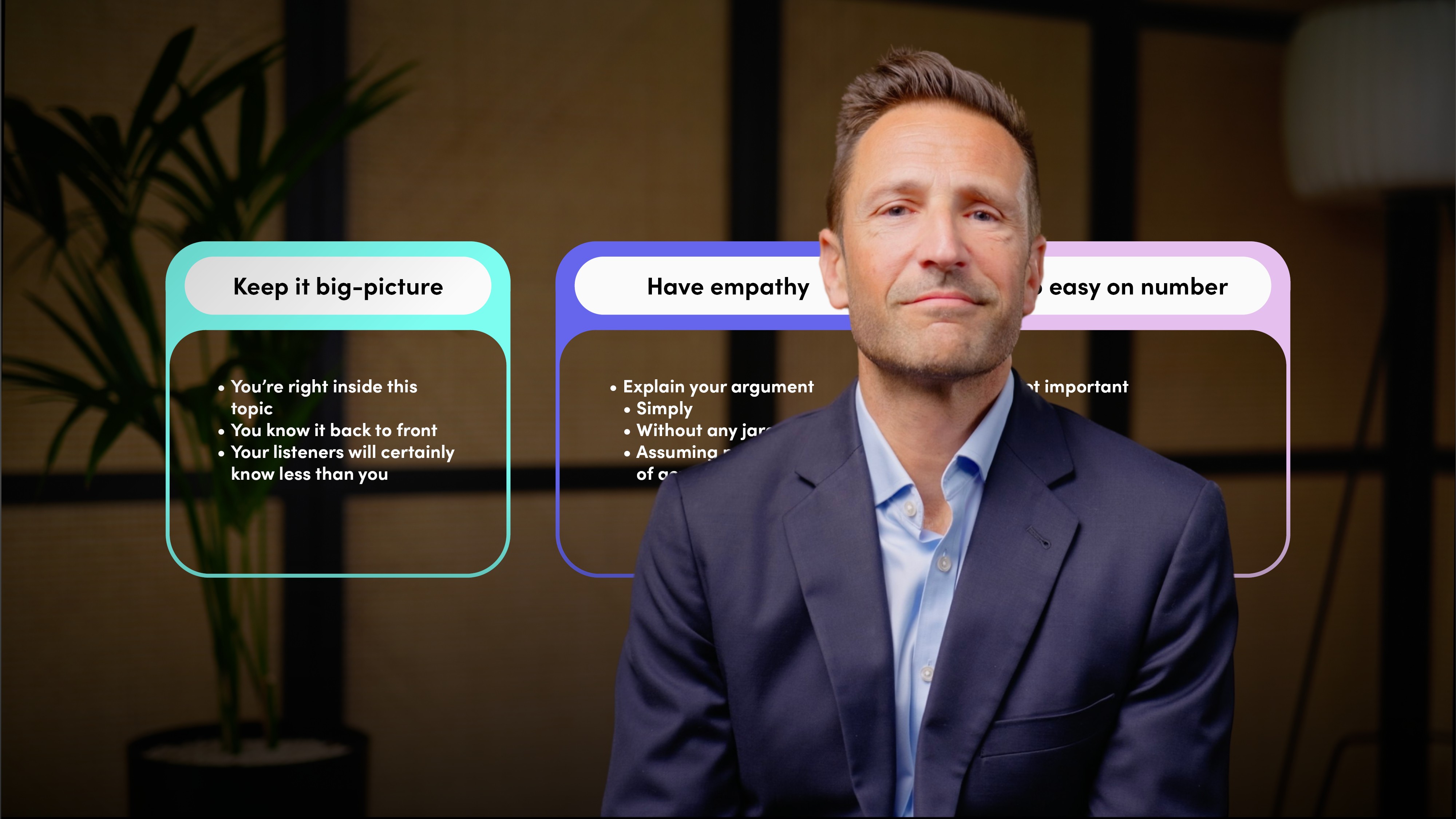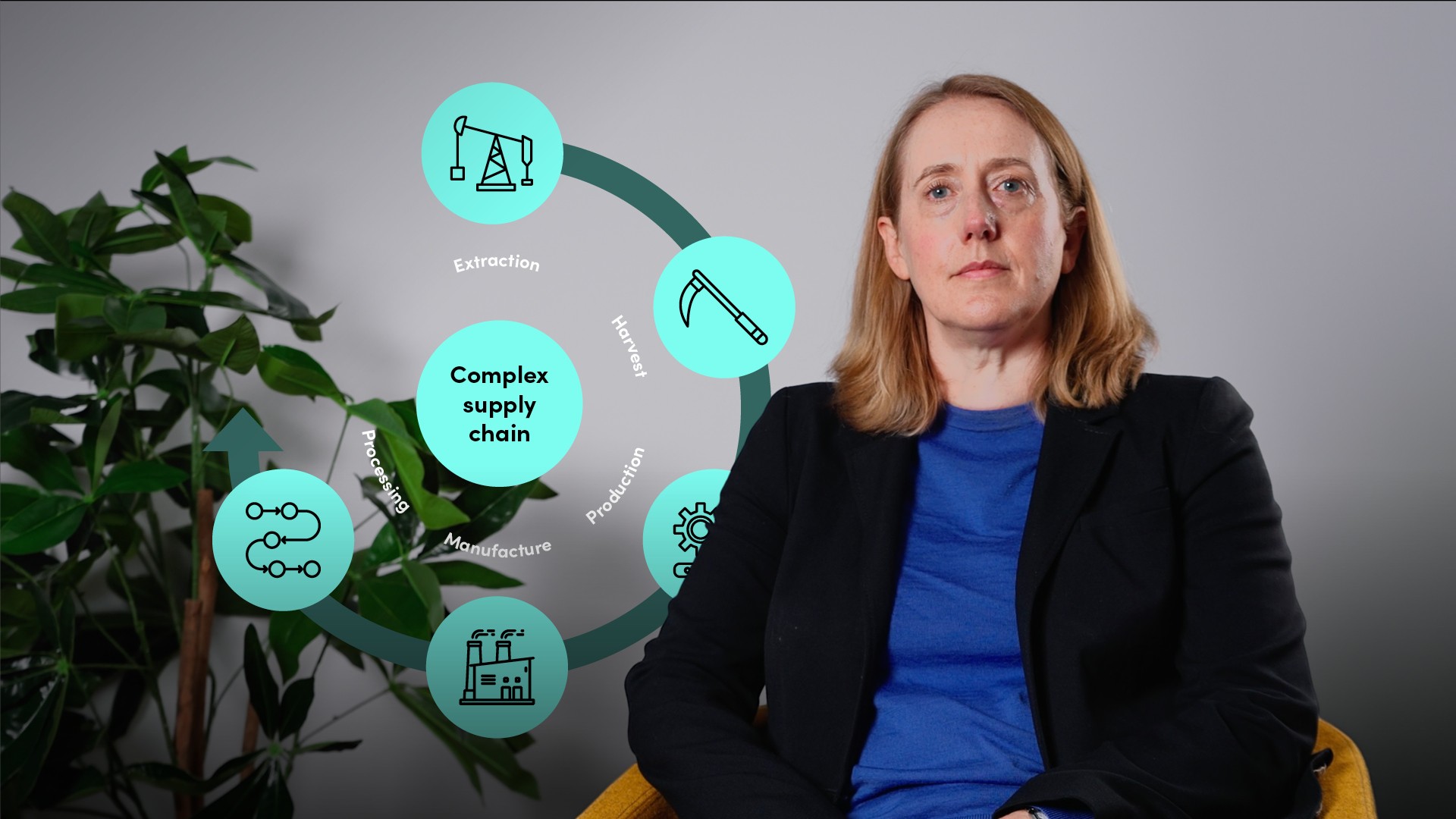
Why information skills are essential in the workplace

Prasad Gollakota
20 years: Capital markets & banking
What role do these skills play in organisational agility, innovation, and overall success?

Alarmingly, many organisations and employees still continue to perceive skills narrowly, focusing only on actionable or technical abilities like coding, machinery operation, or design — often termed hard skills. However, the importance of human-centric or "power skills" — such as communication, critical thinking, and digital literacy — cannot be overstated for staying competitive on both business and individual levels. According to the LinkedIn Workplace Learning Report 2024, 91% of L&D professionals believe that these human skills are increasingly vital for success in modern organisations as they address the challenges of automation and dynamic workplace demands.
The foundational role of information skills
Power skills, a newly popularised term for soft or human skills, refer to a set of highly transferable abilities that enable individuals to excel in today’s fast-evolving workplace. One of the core power skills for effective professional functioning is information skills, which includes the ability to absorb, interpret, and communicate complex information. These skills empower employees to adapt, collaborate, and perform effectively across diverse roles and challenges. At the heart of these competencies are information skills — the ability to acquire, interpret, and apply knowledge in various contexts — serving as a foundational element for success in modern organisations.
Information skills are foundational because they support understanding, which is crucial before any "doing" can take place. An employee who can access and understand a wide range of information is better positioned to grasp organisational goals, contribute ideas, and make informed decisions. Employees equipped with robust information skills are more adaptable to change and more capable of embracing continuous learning and innovation within their roles.
Moreover, information skills are particularly critical in environments that require problem-solving, customer service, or project management. These skills enable employees to synthesise information, identify challenges, and convey solutions to stakeholders. Without this foundation, practical skills often lack the context and adaptability necessary to handle real-world scenarios effectively.
Information skills as a prerequisite for effective communication
Communication skills are essential for translating information skills into impactful action. Studies indicate that employees who are adept at gathering and processing information are better communicators — they can explain complex ideas in understandable terms, making it easier for stakeholders at all levels to make sense of new information. Communication is not just about speaking or writing; it involves a deeper ability to contextualise and present information tailored to the audience's needs.
Information skills can significantly enhance an employee's ability to communicate effectively in dynamic environments, especially when interacting with non-expert audiences. In customer service, for instance, an employee with strong information and communication skills can better understand client issues, anticipate questions, and provide solutions in a clear and relatable manner. These skills also foster trust with clients and stakeholders, who feel understood and valued.
Addressing the "doing" misconception: Skill as both knowledge and action
The notion that skills must be action-oriented or tangible to hold value is a misconception. In fact, communication and information skills constitute an essential skill set that drives both individual and organisational success. Information skills lay the groundwork for learning and understanding, which in turn empowers employees to “do” more effectively.

Harvard Business Review points out that organisations with highly communicative and informationally adept employees exhibit greater agility and problem-solving capacity across functions. The study has identified a number of skills and abilities that technology cannot replicate. They are described as uniquely human and include abilities such as complex problem-solving, critical thinking, and relationship-based skills like collaborating, leading people, and building trust — these elements set organisations apart. For instance, in project-based environments, the value of information skills comes to life when team members can bring together diverse insights, effectively communicate updates, and align the group on shared objectives. This shows that information skills support practical skill application, enabling teams to act with clarity and purpose.
On-demand learning and its benefits for building information and communication skills
On-demand learning offers an effective platform for cultivating information and communication skills in a structured yet flexible manner. Unlike traditional learning models, on-demand learning allows employees to access information precisely when they need it. This immediacy is crucial for complex topics that require gradual understanding or frequent updates, such as regulatory compliance, data management, or product knowledge. As learners benefit from repeated exposure, on-demand digital education platforms can support this by providing opportunities for practice and by connecting new concepts to familiar contexts, enhancing retention and application in real-world scenarios. This also enables them to communicate this information more effectively with others.
Furthermore, on-demand learning is ideal for enabling continuous skill improvement in bite-sized segments. McKinsey writes that organisations that encourage on-demand learning for information and communication skills see a 30% increase in employee engagement and a 25% reduction in turnover, as employees feel more empowered and confident in their roles. The structured nature of on-demand learning ensures that employees receive relevant, up-to-date information, which is critical in environments that require ongoing skill development and adaptability.
Information and communication skills: Invaluable across all levels
Information and communication skills transcend job roles and levels within an organisation. From entry-level positions to executive roles, the ability to understand and relay information effectively is indispensable. Leaders, in particular, rely heavily on these skills to inspire, align, and make decisions. Without a strong foundation in information and communication skills, even the most skilled “doers” would find it challenging to align their teams with strategic goals.
In fact, The American Management Association conducted a study demonstrating that high-performing organisations consistently rank information and communication skills as top competencies for leadership and cross-functional collaboration. Leaders who excel in these skills set a precedent for transparency, inclusivity, and informed decision-making across their teams.
How on-demand learning enhances information and communication skills for organisational success
On-demand learning serves as an essential tool in developing information and communication skills, challenging the notion that only "doing" skills are valuable. By empowering employees to access, comprehend, and communicate complex information, on-demand learning enables organisations to create a workforce that is not only well-informed but also highly capable of articulating ideas, aligning with stakeholders, and making sound decisions. These skills contribute directly to organisational agility, innovation, and overall success.
Ultimately, the misconception that information and communication skills lack value undermines the depth of professional development needed in today's workplaces. As research demonstrates, these skills are not only essential but foundational. Information skills enable employees to navigate complex challenges and serve as the basis for effective communication, making them invaluable in every industry and at every organisational level.

Prasad Gollakota
Share "Why information skills are essential in the workplace" on






































